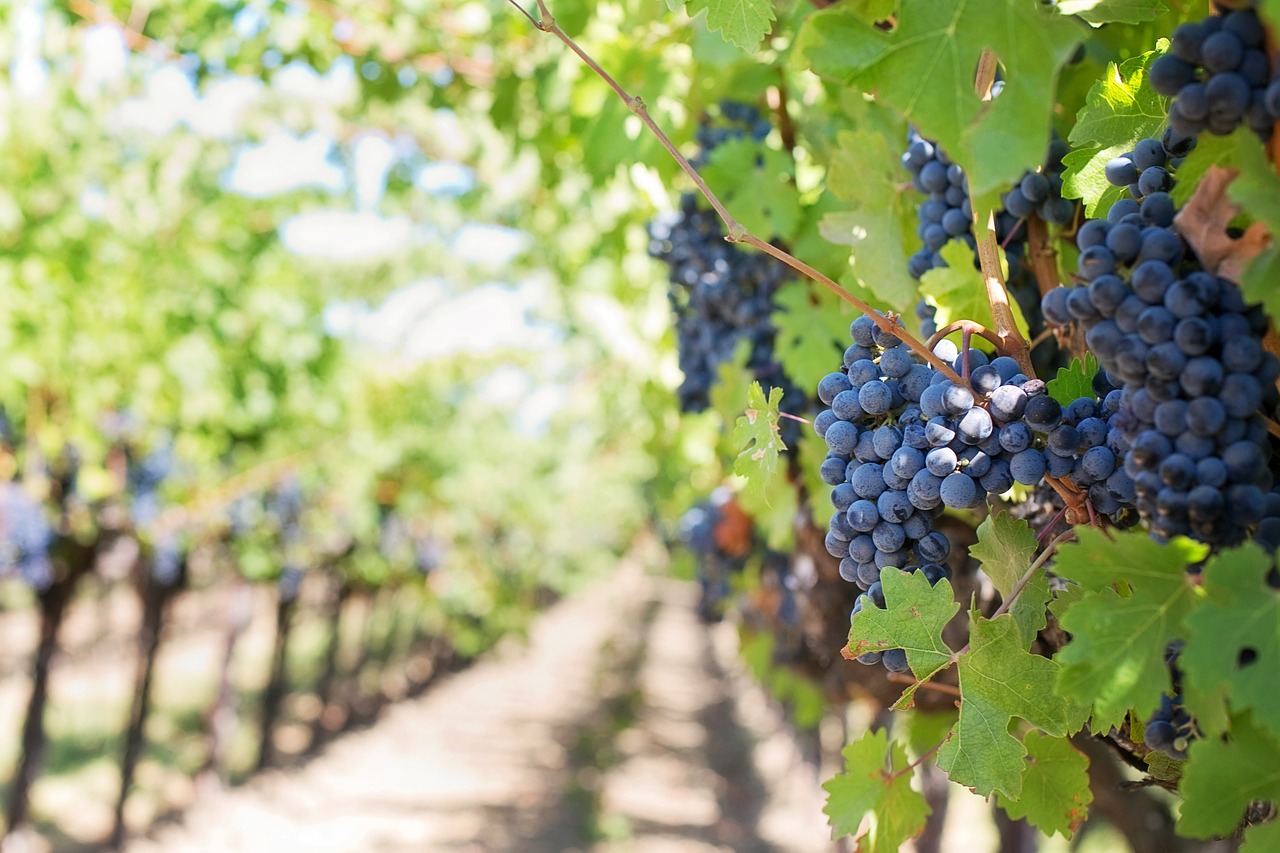As an investor, diversification is essential for risk management and overcoming volatility in the market. For a typical investor, his portfolio will include a mix of stocks and bond.
Have you been thinking of diversifying your investments? Then wine investment is a good option. It is similar to investing in fine arts or vintage cars. The value of your investment is expected to appreciate over time. It may look a little more sophisticated, but any investor can toe this root and also make a profit with the right knowledge.
Let’s take a look at the advantages of wine investment.
Stability
Unlike your traditional investments such as stock or bond, the prices of fine wine usually remain steady. Wine investment doesn’t depend on the economic conditions or interest rate as other investments.
Research
As an investor by now, you should be used to carrying out research before investing. One key element you should find out is how a wine’s vintage influences its appeal as a collector’s item. There is a common saying that the rarer vintage wines are preferable compared to the common vintage wine.
The region that produces the wine will also affect its profitability. They are some regions that produce high-quality vintage wines. Generally, wine from regions like Napa Valley, Tuscany, Bordeaux, and Burgundy are the cream of the crop for most investors.
Tax
The interesting part is that investing in fine wine is 100 percent tax-free. Wine investors will not be subjected to capital gains, incomes or inheritance tax. You won’t pay VAT or duty if they are kept “in bond”.
Demand and supply
The global demand for fine and vintage wines are always on the increase. Decreasing supply and increasing global demand makes it an attractive investment.
Tangible asset
Wine is a tangible asset. It is transportable and also consumable. As an investor, you have full ownership of the wine.
Luxury product
A vintage wine is a luxury product. They are rarely affected by market turbulence. Demand is always maintained for vintage wine because the wealthy are rarely affected by financial uncertainties.
However, you need to arm yourself with some investment strategies to succeed.
Capital Investment
Investing in wine is not like ETF or stock investments. Although ETF or stock investment may have low buy-in points, wine is completely different. To start up, you should have at least $10,000 in available funds. In some cases, this amount can only get you a single bottle of vintage wine or a complete case.
So you have to determine the amount to invest because of the risk involved. Poor investment can ruin your returns. To avoid some of these risks, you could get wine insurance or include a rider to your homeowner’s insurance.
Storage
You have to map out a strategy of how to store your investment. If the wine is not stored properly, it will alter the taste and flavour over a period of time. Storing your wine at home is cost-efficient, but don’t you think professional wine storage will protect your investment better? You will be charged fees for storage, nonetheless, it is a small trade-off compared to the profit you will realize in the long run.
Returns
The vintage wine industry is presently doing well. Vintage wines are outperforming most assets for the past 20 years. You can realize between 5 to 15 percent as an average annual return.
Finally, as a wine investor, you can redeem your investment any time during your tenure. Wine investments are not time bound.
Giles Turner is Head of Private Client Sales at BWC Managent – Wine Consultancy
Official website – https://bwcmanagement.co.uk/







